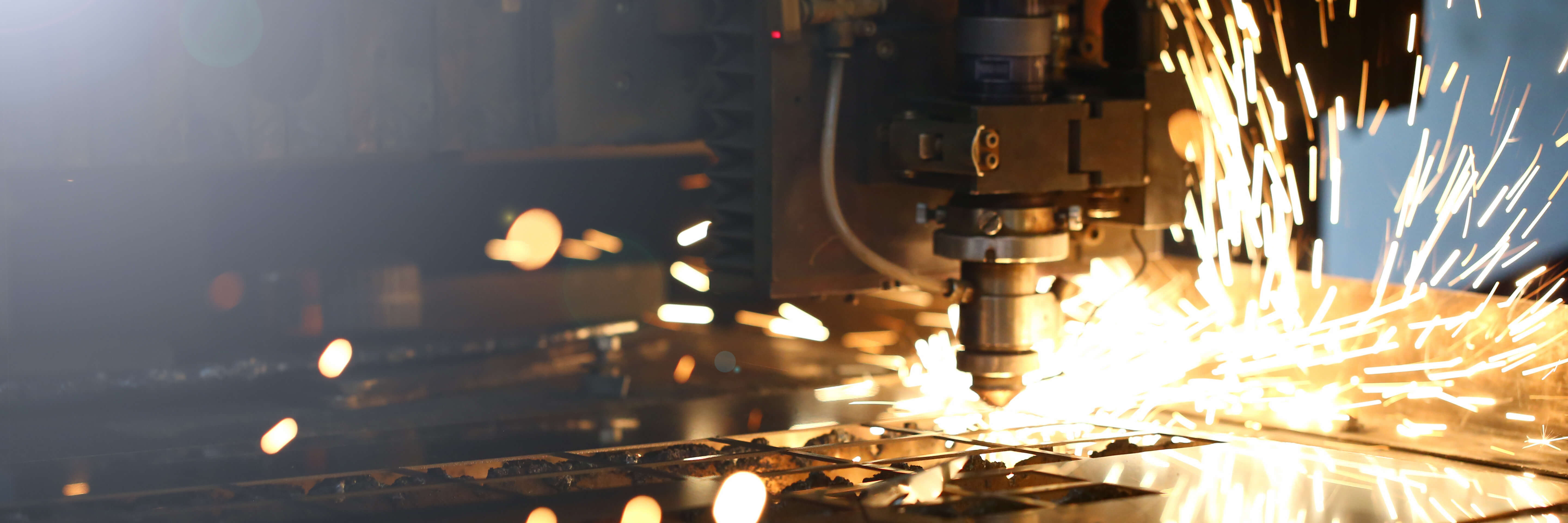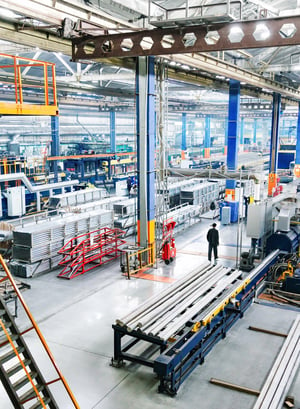At Aerie, we believe in staying at the forefront of industry trends and driving innovation in the manufacturing sector. In this article, we look into the future of manufacturing, highlighting four key trends that are reshaping the industry. Our insights provide valuable knowledge and a strategic vision to help businesses adapt and thrive in this rapidly evolving landscape.
Automation and Robotics
The rapid advancements in automation and robotics have revolutionized the manufacturing industry. This trend encompasses the integration of artificial intelligence (AI), machine learning, and robotic technologies into manufacturing processes. Companies are leveraging these technologies to streamline production, enhance efficiency, and reduce costs.
One of the most notable developments is the emergence of collaborative robots or cobots. These robots can work alongside human operators, taking over repetitive and mundane tasks, while humans focus on more complex and creative aspects of production. Cobots not only improve productivity but also enhance workplace safety by minimizing the risk of accidents.
Internet of Things (IoT) and Connectivity
The Internet of Things (IoT) has opened new possibilities in the manufacturing realm, connecting machines, sensors, and devices to create a networked ecosystem. This interconnectedness enables real-time data collection and analysis, leading to improved decision-making, predictive maintenance, and optimized production processes.
By leveraging IoT technologies, manufacturers can achieve greater visibility across the entire supply chain, enabling efficient inventory management, enhanced logistics, and improved customer satisfaction. Additionally, IoT facilitates the implementation of intelligent manufacturing systems, where machines communicate and coordinate seamlessly, resulting in improved productivity and reduced downtime.
Additive Manufacturing (3D Printing)
Additive manufacturing, commonly known as 3D printing, has gained significant traction in recent years. This transformative technology allows for the creation of complex components and prototypes with unprecedented precision and speed. It enables manufacturers to reduce lead times, eliminate tooling costs, and customize products to meet individual customer requirements.
The applications of 3D printing extend beyond prototyping, with industries utilizing this technology for end-use production. From aerospace and automotive to healthcare and consumer goods, additive manufacturing is revolutionizing traditional manufacturing processes. Its potential to reduce waste, enable on-demand production, and unlock design freedom positions it as a critical trend in the future of manufacturing.
Sustainable and Eco-Friendly Practices
In an era of increasing environmental consciousness, sustainable and eco-friendly practices have become paramount in the manufacturing industry. Consumers are demanding products that are not only high-quality but also manufactured in an environmentally responsible manner. This has prompted manufacturers to adopt greener technologies and processes.
From implementing renewable energy sources and reducing carbon emissions to embracing circular economy principles and employing recyclable materials, manufacturers are actively pursuing sustainable practices. Beyond meeting consumer expectations, these initiatives contribute to cost savings, regulatory compliance, and brand reputation enhancement.

As the manufacturing industry continues to evolve, it is crucial for businesses to adapt and leverage the latest trends to maintain a competitive edge. At Aerie, we are committed to empowering businesses with cutting-edge solutions and driving industry-wide innovation. By understanding and capitalizing on these trends, we help our clients stay ahead of the curve and unlock new opportunities for growth and success.
So, let's start shaping the future of manufacturing together!
Share

